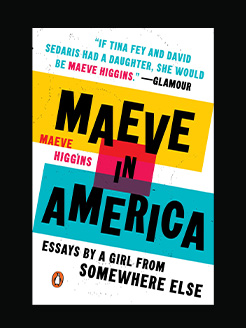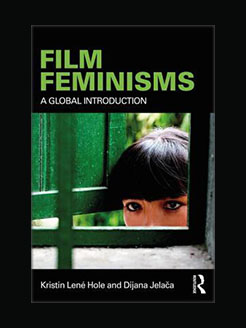Published in 2025
399 pages
12 hours and 56 minutes
Dame Marina Sarah Warner (born 1946) is an English historian, mythographer, art critic, novelist and short story writer. She is known for her many non-fiction books relating to feminism and myth. She has written for many publications, including The London Review of Books, the New Statesman, Sunday Times, and Vogue. She has been a visiting professor, given lectures and taught on the faculties of many universities.
She resigned from her position as professor in the Department of Literature, Film and Theatre Studies at the University of Essex in 2014, sharply criticising moves towards “for-profit business model” universities in the UK, and is now Professor of English and Creative Writing at Birkbeck, University of London. In 2017, she was elected president of the Royal Society of Literature (RSL), the first time the role has been held by a woman since the founding of the RSL in 1820. She has been a Distinguished Fellow of All Souls College, Oxford, since 2019.
In 2015, having received the Holberg Prize, Warner used the award to start the Stories in Transit project, a series of workshops bringing international artists, writers and other creatives together with young migrants living in Palermo, Sicily.
What is this book about?
Sanctuary is an ancient right. But what does it mean today? Drawing on a lifetime of engagement with literature, myth, history and tradition from different cultures, Marina Warner’s Sanctuary is an ambitious attempt to grapple with the sharpest questions that we are facing in today’s world of global turmoil.
Sanctuary is an ancient right– a haven, a place of refuge and freedom from harm. In the classical world, it offered immunity to fugitives from justice; in medieval Europe it extended a reprieve to all who sought sanctuary in a church or holy site. It was a sacrilege to lay hands on a sanctuary-seeker: sanctuary was sacred.
But what are the principles that govern this ancient tradition? Could a revived practice of sanctuary today offer security, a home for those who seek it? What could ‘sanctuary’ offer to those who have been displaced? Or does the idea support excluding those of a certain race or creed?
Increasingly, in keeping with the general growth of nationalism and individualism, the arc of the concept has been bending away from a place of openness and welcome towards a private safe place, a redoubt: home and homeland as sanctuaries to be defended against strangers, migrants, incomers.
In this groundbreaking book, the distinguished cultural historian Marina Warner explores the principles that underpin the tradition of ‘sanctuary’. She ranges broadly across myth and history and explores the concept of hospitality, the cult of relics, shrines and festivals, the imagination of place, and travelling tales. She asks profound questions about political ideas of a right to safety, home, freedom of movement, and peace.
Sanctuary was written alongside work with the project “Stories in Transit” which brings young refugees together with artists, writers and musicians in the UK and in Sicily to invent or reimagine stories and perform them. Marina Warner reflects on the ways stories address the worst experiences of humanity and argues that the act of storytelling offers a salve, a route to a site of mutual interaction and understanding, a new place of belonging and conviviality. The book draws on a lifetime of engagement with literature, myth, history and tradition from different cultures. It is an ambitious attempt to grapple with the sharpest questions that we are facing in a world of global turmoil. Warner’s inquiry could not be more relevant.







